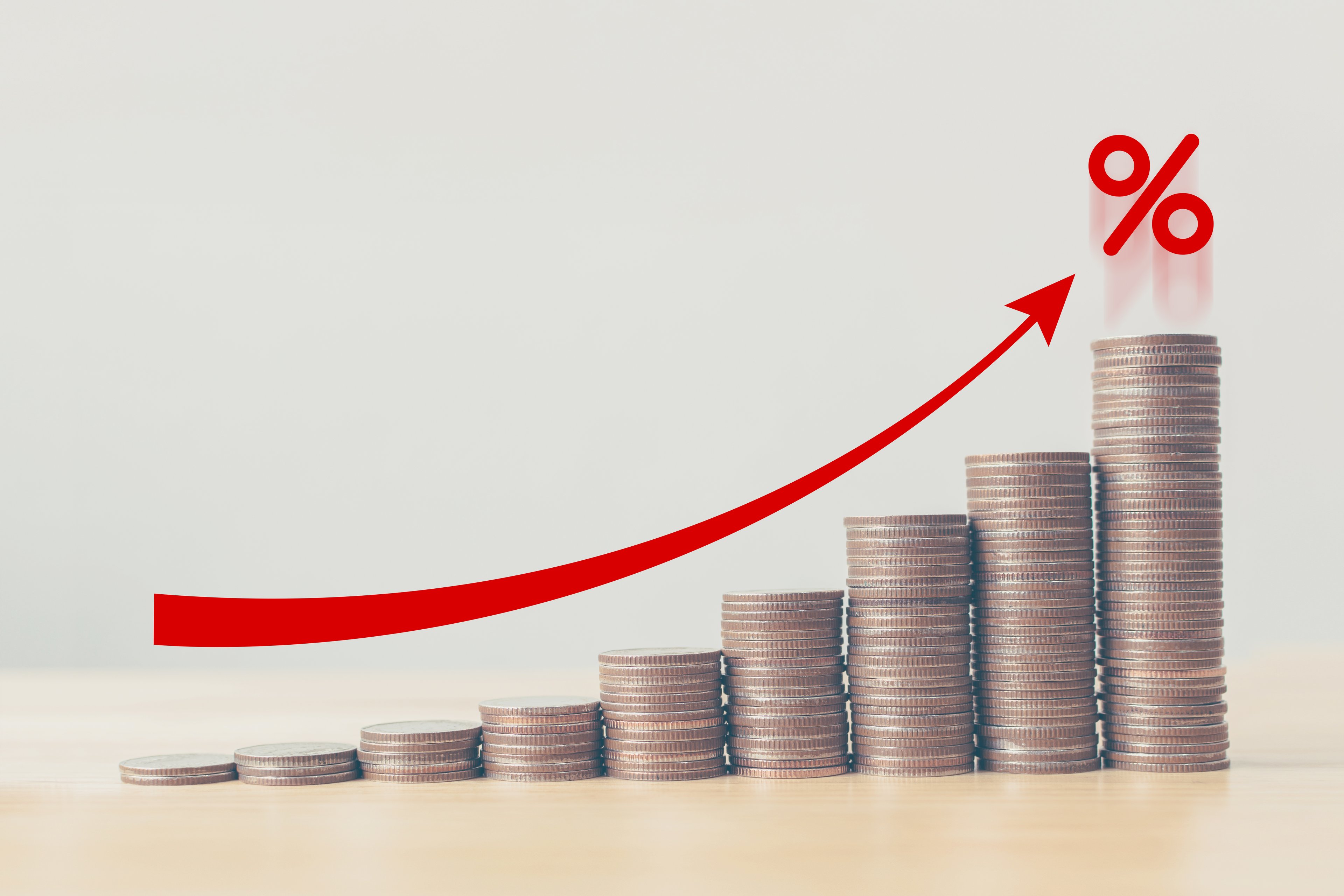With 2012 coming to an end, now's a good time to pause and take a look at your investing performance over the past year. By taking some time to evaluate the moves you made with your money, both good and bad, it's easier to reinforce the positive things you did while hopefully avoiding the mistakes that led to bad results.
Yet with everything that's happened during the past year, it can be tough to separate the truly important events from the noise. With that in mind, here's a framework you can use to judge your own successes and failures.
1. Did you believe the first quarter's bull run would last the whole year long?
During the first three months of 2012, stocks soared, with the S&P 500 soaring 12%. Despite warnings that such gains weren't sustainable, many inexperienced investors made the mistake of assuming that the market could rise at that pace throughout the year. As a result, they were vulnerable when stocks subsequently retreated, and those who only put new money to work after the first quarter's gains are now looking at relatively flat performance since.
It's natural for investors to buy when stocks are high, as everyone gets optimistic about the prospects for the market. Even major corporations have fallen prey to that phenomenon, as banks Citigroup (C 3.02%) and Bank of America (BAC 1.18%) notoriously spent more than $100 billion in total buying back shares of their stock between 1999 and 2008 as share prices soared, only to see most of that money disappear during the financial crisis. Netflix (NFLX 0.08%) and Chipotle (CMG +0.75%) also announced ill-timed buyback programs that came before significant downward moves in their shares.
You have to fight that buying impulse, though, because as you'll see below, it doesn't mix well with the similar selling impulse when the market falls. Having realistic beliefs about future market direction is essential to long-term results.
2. Did you panic during the market's pullbacks?
During 2012, we've seen two significant drops for the stock market: one in April and May, and another in October and early November. After those drops, many investors feared that the long multiyear bull market was over and sold out.
Yet that too has turned out to be a big mistake, as stocks recovered from their spring slump to hit new yearly highs in September. As for the more recent drop, it's too early to give an all-clear signal, but the market has bounced sharply from its lows and could well be positioning itself for an end-of-year rally.
3. Did you follow your own path, or go with the crowd?
Often, investors make the mistake of chasing performance. But this year, many professional hedge funds that have been extraordinarily successful in the past have fallen flat.
Perhaps the best known is John Paulson, who correctly bet against the housing market during the mortgage crisis. But in 2011, his Advantage Plus fund lost more than 50% of its value, and through October, the fund had lost another 17% so far in 2012.
Looking at experts in order to learn how to invest on your own can be smart. But blindly following Wall Street pros won't always give you the results you want. You're better off taking responsibility for your own investing success.
4. Are you positioned for whatever may come?
Investors face huge uncertainties right now. With the global economy still requiring central banks to prop it up and big changes possible on the tax front in the U.S., it's hard to know how to plan for the future.
Rather than taking huge steps now, though, the best thing to do is to get things ready to move without actually pulling the trigger. Based on what may happen between now and the year's end, planning for different contingencies could save you a boatload of time and effort over simply making a guess and potentially having to undo what you've done if things don't work out the way you predict.
Take your best shot next year
Whether you've had a good 2012 or could have done better, 2013 gives you another chance to improve your investing. Learn from your mistakes and keep doing the things you got right, and your results should reward you in the long run.






![Bruce_Berkowitz,_Fairholme_Capital_Management[1]](https://g.foolcdn.com/image/?url=https%3A%2F%2Fg.foolcdn.com%2Feditorial%2Fimages%2F187218%2Fbruce_berkowitz_fairholme_capital_management1.jpg&w=3840&op=resize)


